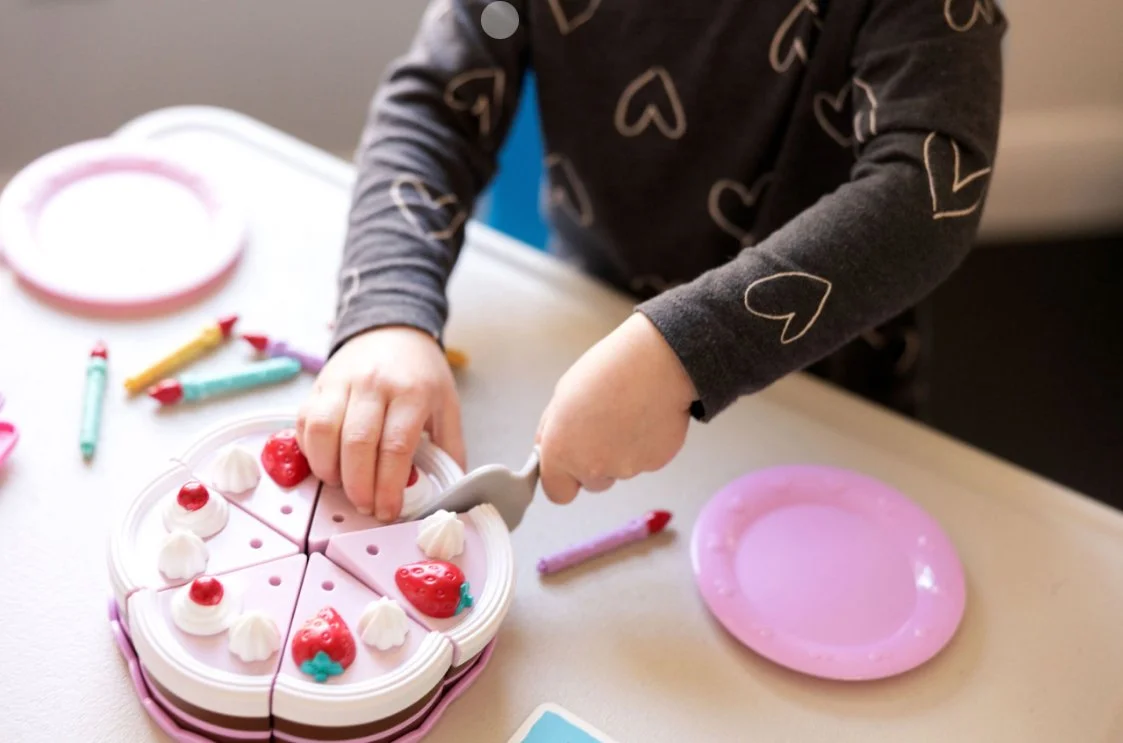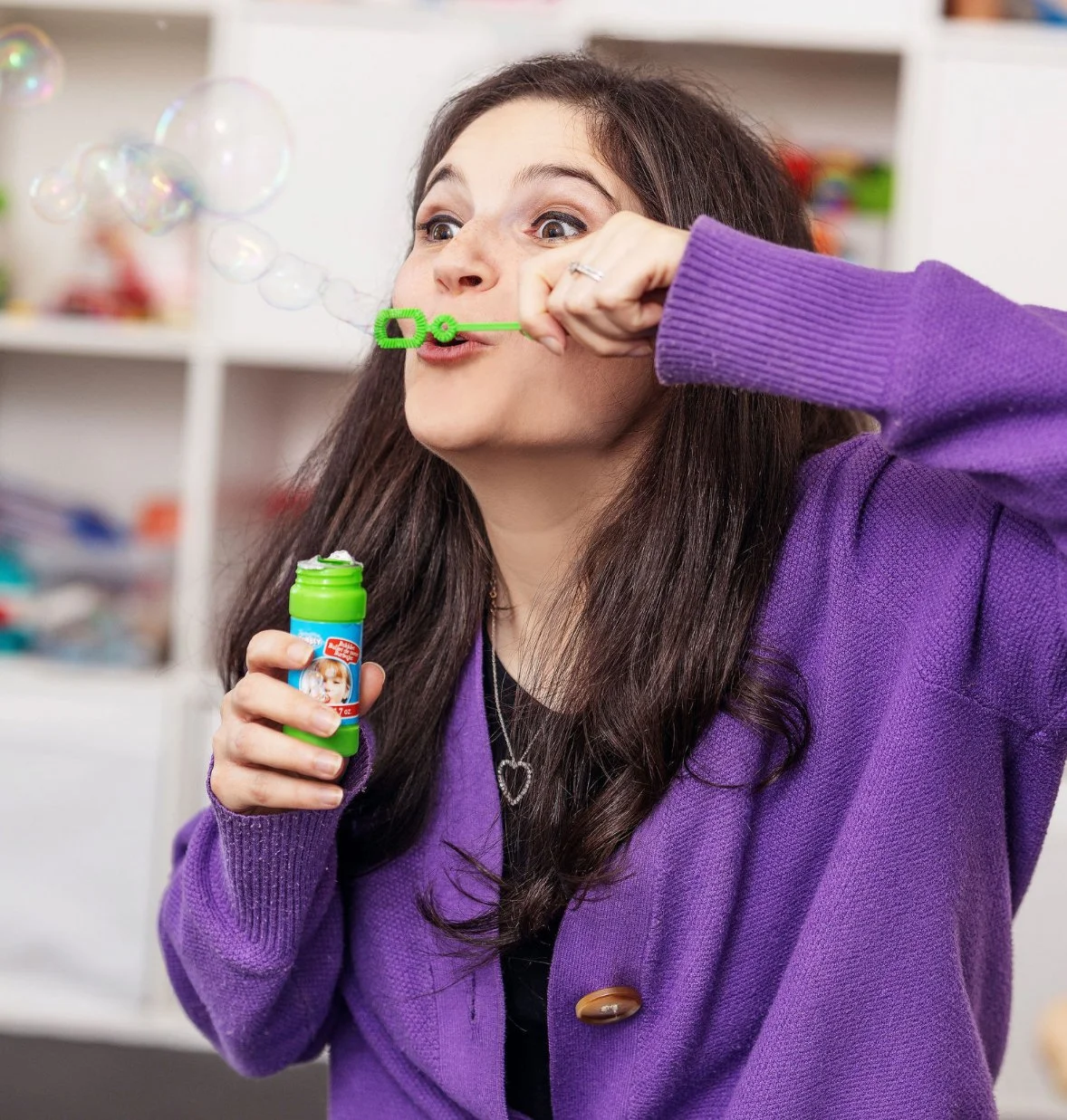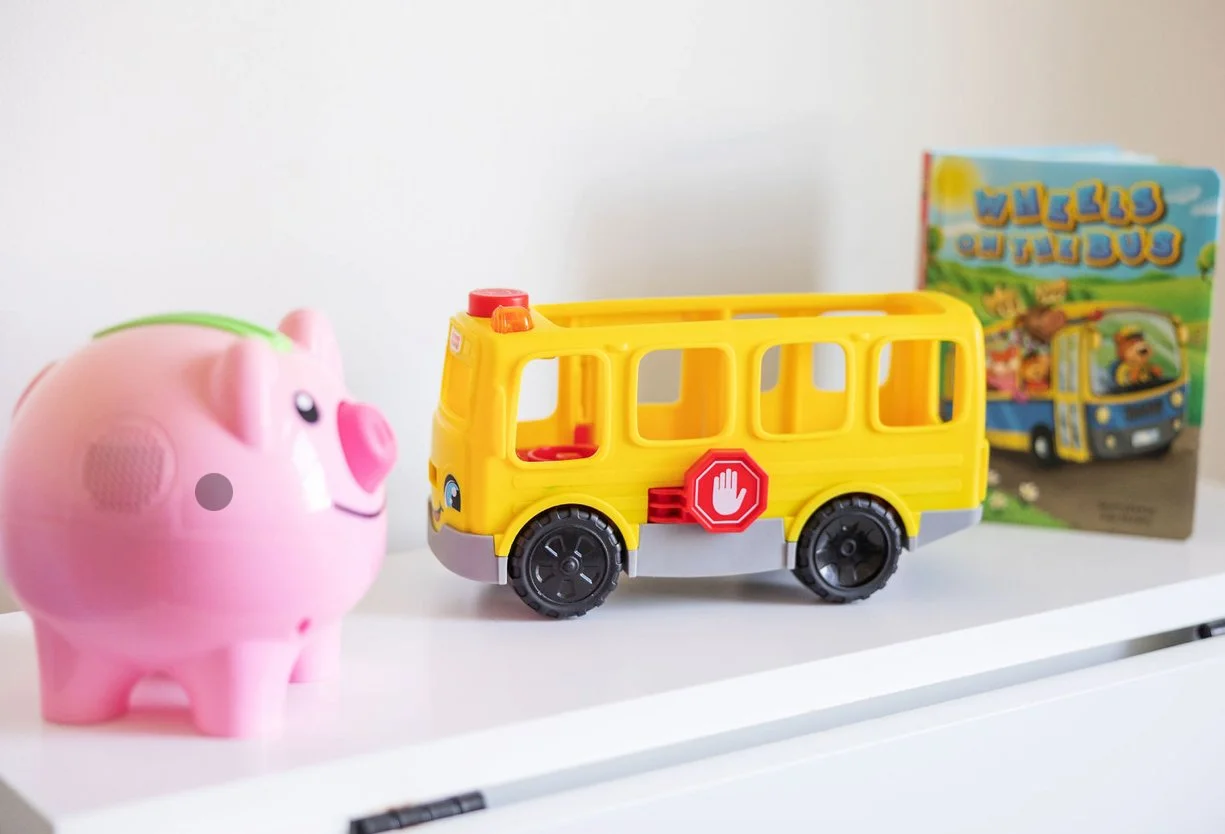
Welcome to our Learning Hub
-

Top questions parents ask about speech therapy.
Starting therapy comes with questions. These are the ones we hear most often.
How do I know if my child needs therapy?
If your child isn’t meeting communication milestones — like babbling, using words, or following directions — a speech-language pathologist can help assess what’s going on. You don’t always need a referral to get started.What happens during a session?
Therapy is structured around your child’s goals, but play is the main tool. We use toys, books, songs, and movement to build communication in a natural, engaging way.How long does it take?
That depends on your child’s needs. Some children benefit from just a few sessions. Others need longer-term support. We check in often and adjust the plan as they grow.Can I help at home?
Yes — and it makes a difference. You’ll get specific strategies to use during daily routines like meals, play, and bedtime.Speech therapy isn’t just about what happens in the clinic. It’s about building a team around your child — and that starts with you.
-

The First Words Checklist: What Most Kids Say by Age 2.
Most toddlers say their first words between 12 and 18 months. By age two, they typically have a vocabulary of 50 or more words and begin putting them together into short phrases.
Use this list as a reference:
Words that often appear by 24 months:
• Names for caregivers (mama, dada, nana)
• Basic requests (more, all done, up, down)
• Everyday objects (ball, juice, book)
• Action words (go, eat, sleep)
• Sound words (woof, moo, beep)Two-word combinations like “more juice” or “mama up” usually start between 18–24 months. If your child isn’t saying 50 words by their second birthday or isn’t combining words by two and a half, it’s a good time to check in with a speech-language pathologist.
Every child moves at their own pace, but early support can make a difference.
-

How to Encourage Language Development Without Screens.
Toddlers learn language best through real-world interaction. If you’re looking for ways to build communication skills without devices, try these simple habits.
What to do instead of screen time:
• Narrate daily routines. Describe what’s happening during meals, diaper changes, or walks. Think of yourself as the commentator, giving a play-by-play of your child’s day.
• Expand on what they say. If your child says “car,” you say “red car” or “fast car.”
• Sing simple songs. Repetition and rhythm help build memory and vocabulary.
• Read aloud. Let your child turn the pages, point to pictures, and fill in missing words.
• Play pretend. Use toys to act out scenes, name objects, and model actions.Screens aren’t always avoidable. But the more time your child spends in face-to-face interaction, the more opportunities they get to hear, practice, and connect with language.

